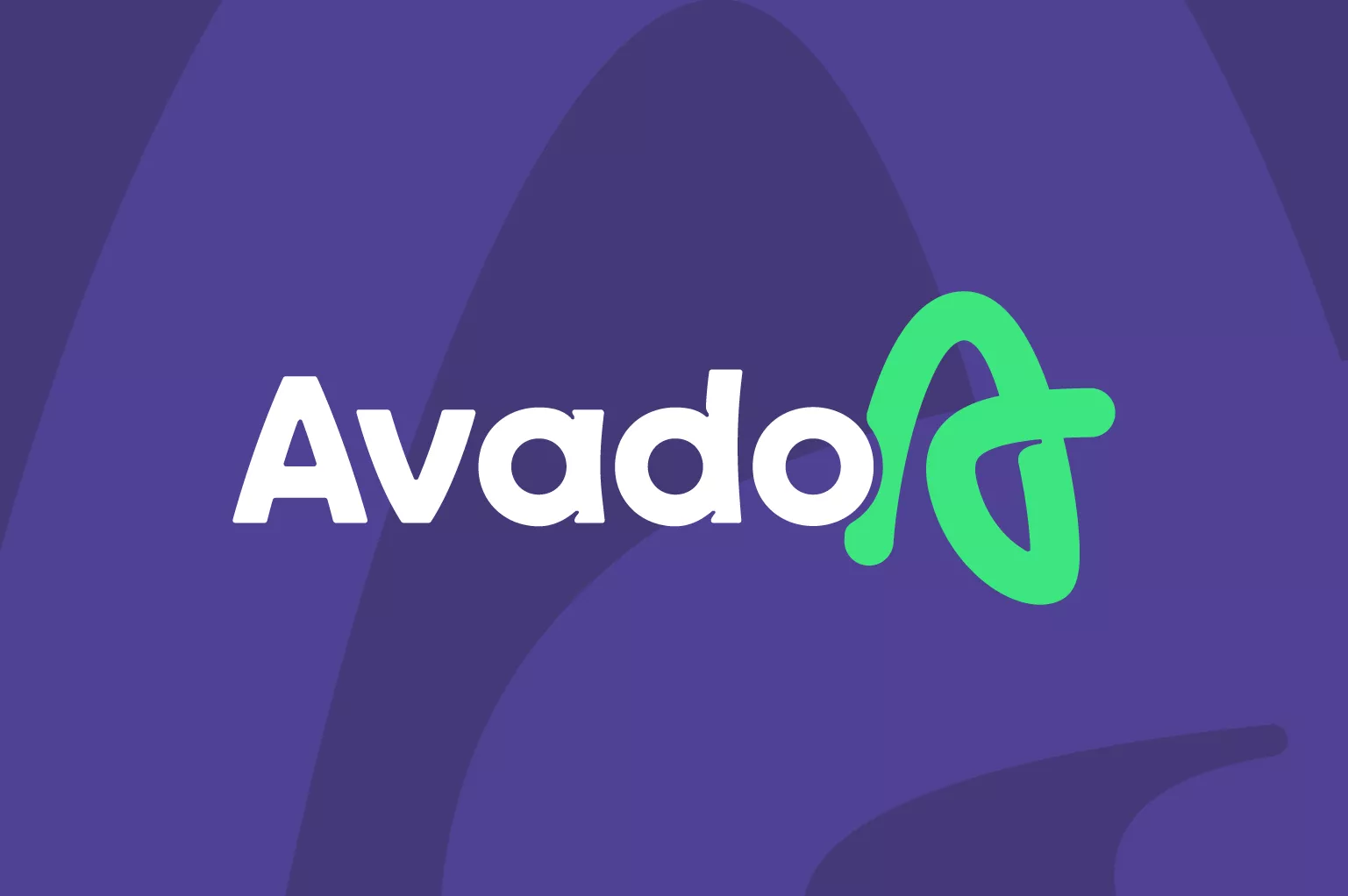HR training, delivered seamlessly online for busy professionals
Today, the challenges for businesses recruiting and managing their talent strategies are greater than any other time in recent history. Throughout the last two years, we’ve ridden a wave of job insecurity, a shortage of available talent, ‘the great resignation’ and now a cost-of-living crisis.
From an organisational standpoint, the need to attract a fresh, diverse pool of talent has never been greater. Many organisations, even the most progressive, have been too slow to adapt their approach to recruitment, to attract a wider range of candidates. Diversity of thought has time and again proven to be the key to unlocking and driving future innovation and, in turn, profitability. This comes at a crucial moment in time, as even the most hardened organisations start to feel the pinch from rising costs and an ever more competitive, post-pandemic marketplace. Those that lack the talent to innovate and grow will likely face a grim future.
However, this is only the tip of a problematic iceberg for most organisations. Yes, they may recognise the need for attracting a more diverse talent group, but for many, they still have two formidable hurdles to overcome. Firstly, they simply don’t know how to reach those groups, and secondly, their brand doesn’t appeal to the people they’re looking to attract.
This boils down to two contributing factors. Recruiting from a wider early careers talent pool is a big shift from current recruitment practices for many, which have traditionally focused on university graduates, and in some instances, an even narrower group of red-brick universities. So, it follows that these organisations are either unknown or undesirable to potential candidates as they aren’t perceived as having a diverse workforce (ergo, an inclusive culture.) Our research on Gen Z shows 41% expect inclusivity in recruitment practices and culture is the most important factor when looking for their first role, with a whopping 78% citing it as important.
If we distil even further, it’s fair to say that many UK organisations simply don’t know how to assess talent in an unbiased and skills-based way – due to an almost exclusive reliance on higher education qualifications.
The talent pool is there but is missed due to entry-level requirements and organisational inability to ensure, if they manage to reach and attract the right candidates, that they have a fair shot at making it through the recruitment process.
Organisations are missing out on some of the best and brightest from non-traditional higher education backgrounds. This is not to knock higher education, but it immediately hampers a huge number of talented people from entering modern careers in enterprise despite the fact they have the cognitive and behavioural skills to thrive in these positions.
For organisations looking to evolve their talent strategy to accelerate innovation through diversity,
our work with Generation Z and some of the UK’s most progressive enterprises identifies five winning elements.
Reconsider the ‘graduate’ programme – At Avado, we believe the notion of a ‘graduate’ scheme as the sole route of entry is out-dated. While there are many advantages to graduate qualifications, these programmes mean you are restricting access to many other talented individuals who have chosen different paths or may not have had the means to access higher education: Consider whether you really need a graduate in your hiring strategy.
Explore different paths to attract diverse talent – If you are managing early careers recruitment in-house, resourcing outreach to different communities can be a challenge. There are many alternatives today. Programmes like our FastFutures work-readiness programme provide young people from all backgrounds with the digital business skills organisations need, kick-starting their careers and addressing the skills gap for employers. Some of the UK’s most innovative businesses are FastFutures employer partners including BT, Legal & General, NHS, Shell and Tate & Lyle, all of whom can benefit from our inclusive talent acquisition engine.
Move beyond CVs – Often CVs represent how well a candidate can sell themselves, meaning they can be less than objective. Some people are naturally better at promoting themselves than others so future stars can be screened out. At Avado, we see things differently. Our AI-powered candidate role matching and assessment platform uses behavioural data and real insights to place talent in the right roles to excel.
Ensure culture is centre stage – Our research highlights that organisational culture is the number one factor Gen Z are looking for from their first employer. Being truly inclusive and providing a culture of learning and development can be true differentiators.
Allow people to earn while they learn – Apprenticeships allow for on-the-job training which incorporates real-life business challenges, meaning both employees (new and existing) and employers benefit from skill development, which has a measurable impact on an organisation’s bottom line. Employees are also able to earn a living wage as they learn.
At Avado, we specialise in partnering with organisations to help them navigate these challenges.
For more information see: avadolearning.com
Originally published on FE News 6th June 2022
 5 min read
5 min read 
